
The Long Road
A perilous month-long walk to safety is just the beginning of refugees’ journey
by Stan Friedman
April 27, 2015
Editor’s note: In February, four Covenant ministers traveled to Ethiopia to witness the ministry of the Evangelical Covenant Church of South Sudan and Ethiopia to refugees in camps on the Ethiopia border. Participating in the trip were Dave Husby, director of Covenant World Relief; Stephen Sharkey, pastor of High Rock Covenant Church in Quincy, Massachusetts, and member of the CWR advisory team; Scott Weiss, interim pastor of Community Covenant Church in Scotts Valley, California; and Stan Friedman, news and online editor for the Covenant Department of Communications.
GAMBELLA, ETHIOPIA (April 22, 2015) — Priscilla Nyakek Deng was making a dash with her husband and two small sons to reach the United Nations camp for internally displaced people when someone shot her husband. The children saw his body and fell over it wailing. It was December 24, 2013. Priscilla was pregnant with twins.
She forced her children to leave their father’s body so they could make it to safety. They arrived at the camp but stayed only one day, fearing nearby mortar shelling. On Christmas, Priscilla’s family, along with an orphaned boy who was paralyzed, continued their journey to escape the violence in South Sudan and find refuge in Ethiopia.
She had been walking for a week when she gave birth to twin boys.
Priscilla stayed in an abandoned village that had become a stopping point for refugees. Two weeks later, she set off again. She walked another three weeks, surviving with her children by eating leaves and tree bark. Other refugees helped carry her children across the difficult terrain amid intense heat. She saw many fellow travelers die of hunger, thirst, and disease.

Priscilla Nyakek Deng gave birth to twins during her six-week trek to safety and wept when she finally reached Ethiopia.
Violence was a constant threat. “There was a lot of shooting,” Priscilla said through an interpreter following a worship service at a church built by the Evangelical Covenant Church of South Sudan and Ethiopia (ECCSS) in the Lietchour refugee camp.
The United Nations reports that pro-government militias in South Sudan have been responsible for killing thousands of refugees, including children, and looting whatever possessions refugees manage to carry with them.
Priscilla also had to protect her family from lions, wild dogs, and crocodiles that claimed the lives of other refugees. “I never thought I would make it. I thought we would die,” she said. “But God gave me strength. When I get tired, I pray.”
When she finally reached the Burebiey Refugees Reception Centre in Gambella, a crossing point from South Sudan into Ethiopia, and saw that her family would be safe, she wept. At the center, she was assigned to the Lietchour camp.
Life in the camp remains hard. Obtaining food and other necessities is difficult. Priscilla said she was grateful for the assistance from the ECCSS and Covenant World Relief, which included food, a tent, mosquito net, and blankets. “They saved my life.”
Nearly every member of the ECCSS has been a refugee at some point in their lives. They have fled their homes, leaving everything behind, and most have either lost a family member or know families who have lost loved ones. Two civil wars and ongoing tribal conflicts stretching across decades have killed more than one million people.
Now they are refugees again, living around the city of Gambella (Gambella is both a city and a region) and United Nations camps in the region.
Despite their poverty, the members of the Sudanese church are working with Covenant World Relief to address the immediate needs of refugees and to engage in development work to provide skills training and micro-enterprise loans to women so they can support their families.
Dave Husby, CWR executive director, says, “It is inspiring to work with the ECCSS leaders, who themselves are refugees yet are passionate about serving others who have suffered even greater loss.”
The church was birthed in 1997 among South Sudanese who had fled an earlier civil war that ultimately claimed the lives of two million people. When that war ended in 2005, many who had been living in refugee camps returned to their homeland. The ECCSS set up offices in Malakal in the South Sudan region of Sudan.
The Long Journeys: Migration of South Sudanese Since December 2013
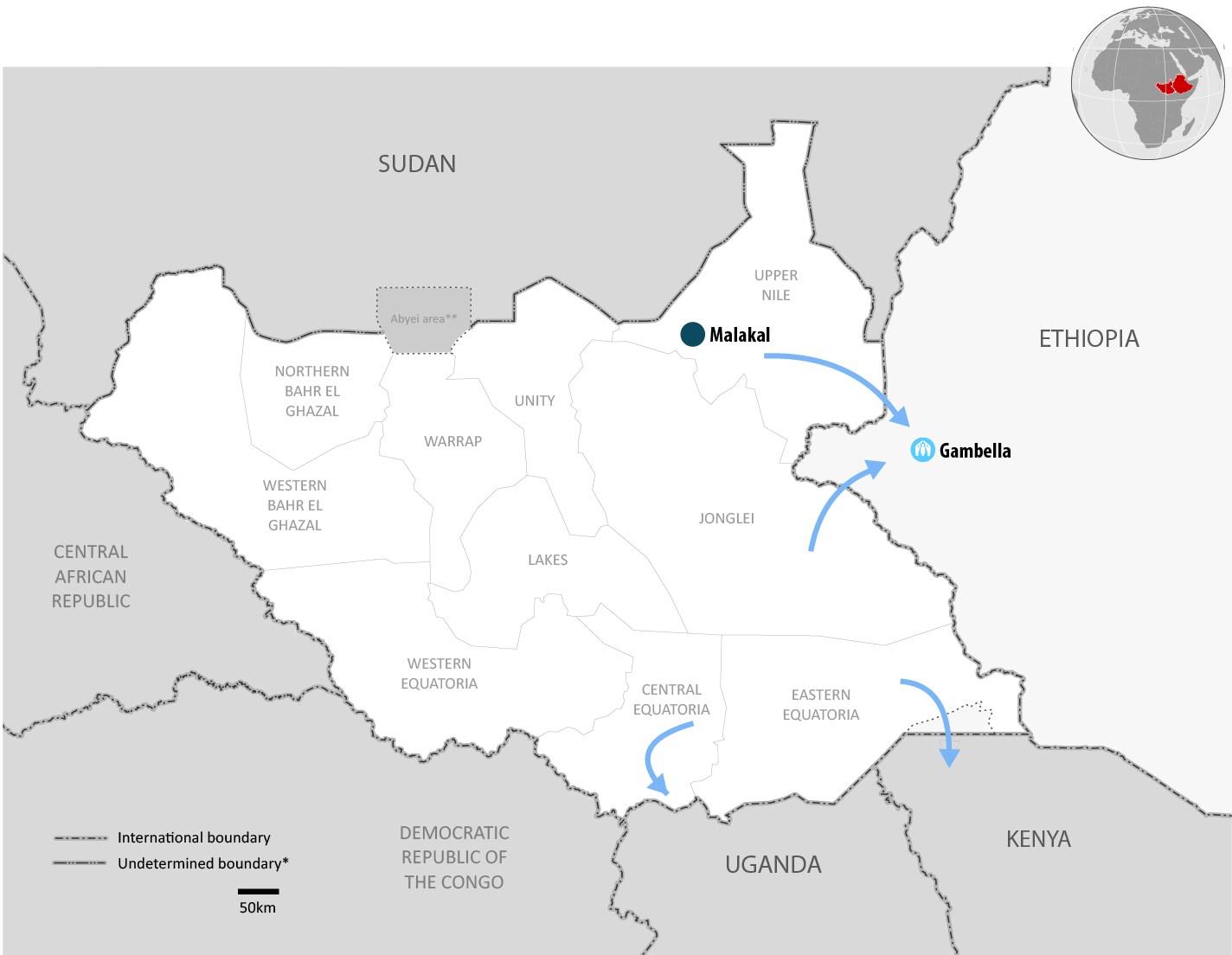
Local congregations were established, and the denomination, which now includes 363 churches and nearly 25,000 members, sought to serve the poorest people in a country, which is among the poorest in the world.
In 2011, South Sudan gained its independence. Despite ongoing clashes among ethnic groups, there was hope that the new country might finally enjoy peace.
The hope for peace was short-lived, however.
On December 15, 2013, tensions between factions loyal to President Salva Kiir, of the Dinka ethnic group, and those aligned with his former vice president, Riek Machar, of the Nuer ethnic group, erupted into violence in the capital city of Juba. Kiir had sacked Machar several months earlier.
67%
of the population are children
91%
of the population are children and women
72%
of adults are women
Since then, tens of thousands of people have been killed, another 1.9 million people displaced, and 4 million are in desperate need of food, according to the UN. Nearly 250,000 people, mostly Nuer, have crossed into Ethiopia, and the UN expects that number to grow to 350,000 by the end of the year. Women make up 80 percent of the adult refugees.
Seventy percent of all refugees to Gambella are children. When Covenant leaders visited refugee camps with ECCSS President Abraham Tuach in February, he pointed to a group of some 20 children, noting that many were orphans or without fathers. It has been up to the community to help them survive.
They are among the fortunate. Since the fighting began, groups from both sides have kidnapped 12,000 children to use as soldiers, according to the United Nations.
Few young men arrive in the camps. “The young men have remained behind in their areas fighting against the regime in Juba to defend their land and properties,” Matthew Jock, the ECCSS director of projects and special development who twice had to flee his home in his youth, said. “The majority of them were killed too. Some of them ran to United Nations Mission Camps in South Sudan and seek refugee over there. There are some who are still in the front line fighting against the regime.”
One of the VOC leaders was shot in the arm as he fled in January 2014. He showed his scar as he told the story of his escape. The offices of the ECCSS in Malakal and the denomination’s VOC project were looted about the same time.
Other Covenant church members have been victims of the violence. Among them were 23 three members including the entire family of pastor Thomas Gatwech Rut, who were killed during a massacre at a UN camp in Malakal in April 2015. Gatwech survived because he was away on a church mission in Khartoum. Three children who were part of a ECCSS development project were among 200 people who drowned when the ferry carrying them to safety capsized.
The church leaders and others retreated to Gambella. With money from CWR, they currently provide relief and development assistance to refugees in the Lietchour and Kule 2 camps on the Ethiopia side of the border. Lietchour has 50,000 residents, and Kule 2 is home to 46,000 people.
Rev. James Tang, a missionary with Covenant World Mission, escaped to the Kule camp in 1987 before making his way to the United States. He said the current war is “more devastating than the previous one.”
There seems to be little possibility of peace in the near future. Warring factions have agreed to ceasefires several times only to break their word within minutes. Governments around the world have expressed disgust with the process and the lack of any true commitment to peace on the part of leaders.
Matthew says the process will take a long time. “The communities of South Sudan are very antagonistic against each other even around the places where they live in the refugee camps and camps for Internally Displaced People,” he said. The UN has tried to keep the different groups separated as much as possible.
If real peace is ever to occur in South Sudan, we must teach people about the importance of forgiveness and reconciliation.
– Matthew Jock, the ECCSS director of projects and special development
The church hopes to sponsor a peace initiative training. Up to 250 participants will be selected from refugee camps in Ethiopia and Kenya that will include people from the Nuer, Dinka, Murle, Shiluk, and Mabaan tribes, Matthew said.
The ECCSS has developed a good reputation for trying to work among the different tribes. The church is made up mostly of Nuer, but several congregations also include Dinka.
“If real peace is ever to occur in South Sudan, we must teach people about the importance of forgiveness and reconciliation,” he said.
In the meantime, people pray that one day God will bring peace to their homeland and that they might return home. At times that hope is difficult to maintain, said church leaders and refugees in the camps.
Adding to their pain is the sense of being forgotten by the world that seems to have focused its attention elsewhere. What they need as much as food and water, the people said, is to be remembered. To know that they are remembered gives them hope, said Matthew.
At each of the churches he visited in February, Husby told the Sudanese he will not forget them and that the Covenant is committed to working with them in the long road ahead.

Covenant World Relief Director David Husby shares a joyful moment during a visit to one of the ECCSS churches located in the refugee camps.
We want to serve the people who are hurting the most. Our Lord told us to go into all the world so we go to everybody.
– Matthew Jock, the ECCSS director of projects and special development
The First Task: To Save Lives
Life already was tenuous for the tens of thousands of South Sudanese refugees who had made the arduous journey to the Lietchour refugee camp—and then the floods came.
Torrential rains last year caused the Baro River to overflow its banks for miles, and the camp was covered in waist-deep water. Getting food and supplies to the camp became nearly impossible.
Matthew recalled how the ECCSS brought aid from the city of Gambella to the camp, transferring supplies from vehicles to boats in order to deliver them. Tens of thousands people eventually were temporarily relocated.
The church has partnered with other denominations and nonprofit groups to assess the needs in several camps. Each provided assistance to the poorest people with aid from different sources, including Covenant World Relief.
“The people know that the relief from Covenant World Relief saved their lives,” Matthew said.

One of those people was Kelang Gatkuoth. Government militia killed her husband on February 18, 2014, in Malakal. She feared for her own safety but tried to stay in the country knowing that traveling anywhere else would be equally dangerous.
When the militia began raping women and killing men in Malakal, she knew she could wait no longer. She took with her the three children of her neighbors, including a child who suffered from epilepsy. Their parents had been killed, and Kelang knew that leaving the children behind would mean their certain death.
Like most of the refugees, she survived on a diet that consisted almost entirely of leaves, and she relied on other refugees to help her carry the children. Like others, she also heard shooting and knew people who were killed or died of hunger and thirst along the way.
She was able to make it to an IDP camp. Because she was among those suffering the most, the ECCSS paid a driver to take her and the children to the city of Nasir. From there she walked another several weeks to get to a camp.
It would seem an impossible task to identify which refugees were in the most distress, but the ECCSS works with local elders to assess the needs. First consideration goes to orphans, children with disabilities, and unaccompanied minors.
The ECCSS, which is made up of members primarily from the Nuer tribe, does not consider the religious faith or tribal affiliation of those it helps, Matthew said. “We want to serve the people who are hurting the most. Our Lord told us to go into all the world, so we go to everybody.”

Fifteen-year-old Omod lost the use of his legs when he contracted polio at age seven. Other children and their parents kept their distance from him, fearing that they too would contract the disease.
His mother and other relatives used to carry him to school, over half a mile across rutted terrain. But when he became too heavy for to lift, Omod was forced to drop out. It was a devastating blow. “I want to learn English because I want to support my people,” he said.
When the ECCSS learned of Omod’s needs, they drove him several hours to Addis Ababa to be measured for a special wheelchair. Once the chair is delivered to him, he will be able to return to school.
“I want to learn English because I want to support my people.”
– Omod, 15-year-old boy left unable to walk by polio.
Second Task: Make Better Future Possible
When natural disasters such as earthquakes, floods, and tsunamis destroy an area, agencies focus on relief but that must give way to development. Generally, those occur in succession, though there is some overlap, Husby said. In times of war, both must be done concurrently.
Prior to the current war, the ECCSS operated the Vulnerable Orphans and Children Community Development Project . It provided food, clothing, education, and counseling to the most marginalized orphans. Funded through CWR, it also offered training in tailoring, weaving, masonry, carpentry, pottery. The VOC provided them micro-finance loans so they can start businesses and generate their own income with the skills they’ve learned.
“By helping the mothers learn skills and start businesses, we also help support all the children in the family,” Matthew said.
They have continued the VOC project in the camps and among other refugees.
 Ajulu Aballa swept the leaves from the dirt next to her home before placing several chairs on the newly cleaned area and urging her guests to sit.
Ajulu Aballa swept the leaves from the dirt next to her home before placing several chairs on the newly cleaned area and urging her guests to sit.
Several years ago, she had no home. Her husband died fighting in South Sudan’s war for independence, and she fled with five children, one of whom has a paralyzed leg. They made it to Gambella after more than a month’s harrowing journey. Ajulu, who is Anuak, never returned because she feared the ongoing tribal conflicts in which all sides have targeted women and children at various times.
On this day, however, she was jubilant as she spoke about her first year studying accounting and finance at the local Open Polytechnic College. She is one of about a dozen women supported through the VOC who are attending the school. When she graduates in two years, she hopes to work as a marketing manager for a hotel.
Nyahok Thok Rueh stood by her sewing machine in a tent and pointed to the clothes she had sewn. Some hung on display, others were stacked neatly on tables.
 She smiled, eager to show how her business was succeeding thanks to the loan she received through the Women’s Empowerment Project, operated by the VOC. Nyahok wanted others to know that she believed her life was changing.
She smiled, eager to show how her business was succeeding thanks to the loan she received through the Women’s Empowerment Project, operated by the VOC. Nyahok wanted others to know that she believed her life was changing.
While living in South Sudan, she had purchased a sewing machine with a loan from the VOC project. She carried the sewing machine with her as she fled the fighting, but bandits stole it from her.
After she arrived at Kule 2 camp, she reconnected with the ECCSS. The church purchased another sewing machine for her and loaned her the money to purchase material and thread.
In Nyahok’s tent she worked alongside Nyatut Chop Zuor, who had fled Malakal with four children. Like Nyahok’s, her husband had been killed in the previous civil war.
The women had been in the VOC program together, but each didn’t know the other had left for Ethiopia. They met along the road and traveled the rest of the way together. The church also purchased a sewing machine for Nyatut and gave her a loan for material and thread.
The women said they were grateful for the assistance provided through CWR, adding that there was no way they could have learned their skills and started their business without it.


Just down the street from Nyahok’s and Nyatut’s business, Nyabang Pidak Lieth has opened a restaurant with a VOC loan. She operates the restaurant with her 17-year-old daughter. Both of them had been trained through the VOC when they lived in Malakal.
The restaurant enables the family, which also includes Lieth’s 14-year-old daughter, to earn a small income. It’s little more than a shelter with a dirt floor and some chairs, but it’s a start.
There seems no let up to the war that is ripping apart South Sudan. People keep dying and refugees keep fleeing the fighting and catastrophic food crisis that has left more than four million people hungry in South Sudan. The United Nations expects another 100,000 people to make their way into Ethiopia by the end of the year.
Mathew says the church remains undeterred in its call to serve the poorest of the poor in whatever way possible. They have started organizing a meeting of different denominational leaders to consider how they can further work together to promote reconciliation even in the camps, where tensions still exist between different tribes.
“We will continue to serve the people of South Sudan despite the various agonies and suffering which the nation and its people are going through,” he said. “We will continue doing our best to fulfill the mission of God and work tirelessly for the reconciliation, forgiveness and healing that will contribute to the lasting peace in South Sudan.”
As for now, the rainy season is approaching.
Categories:
News
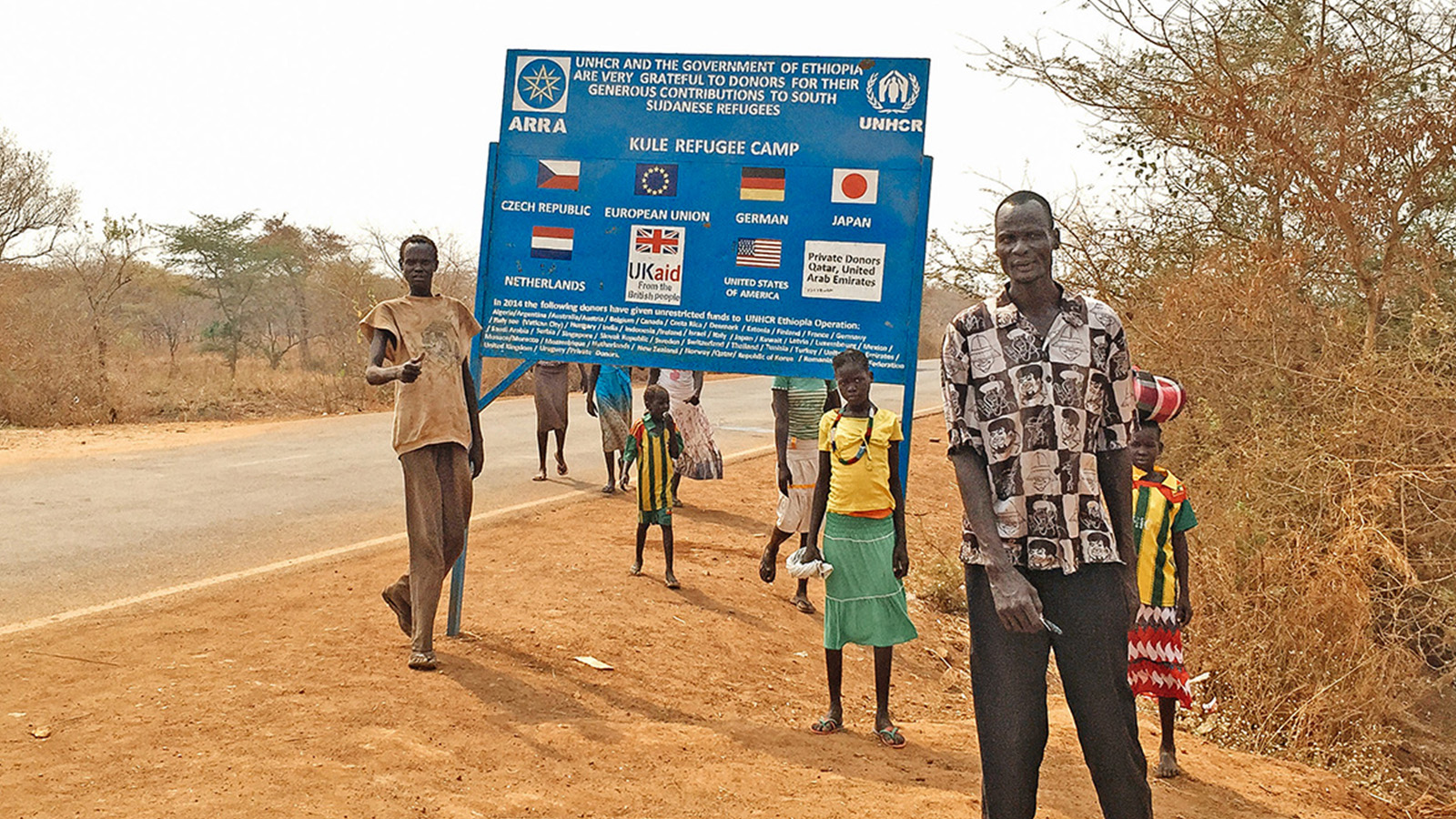
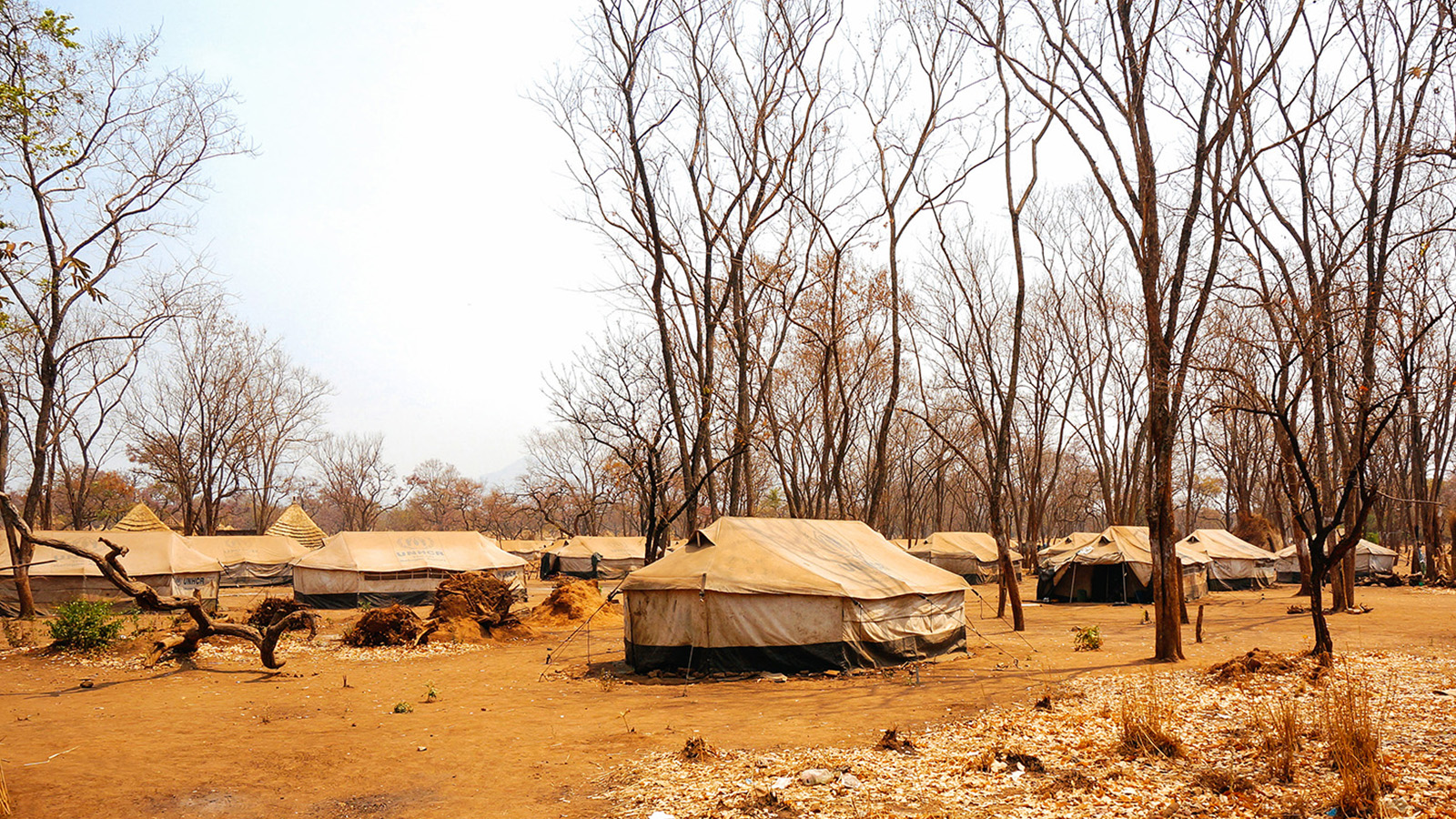
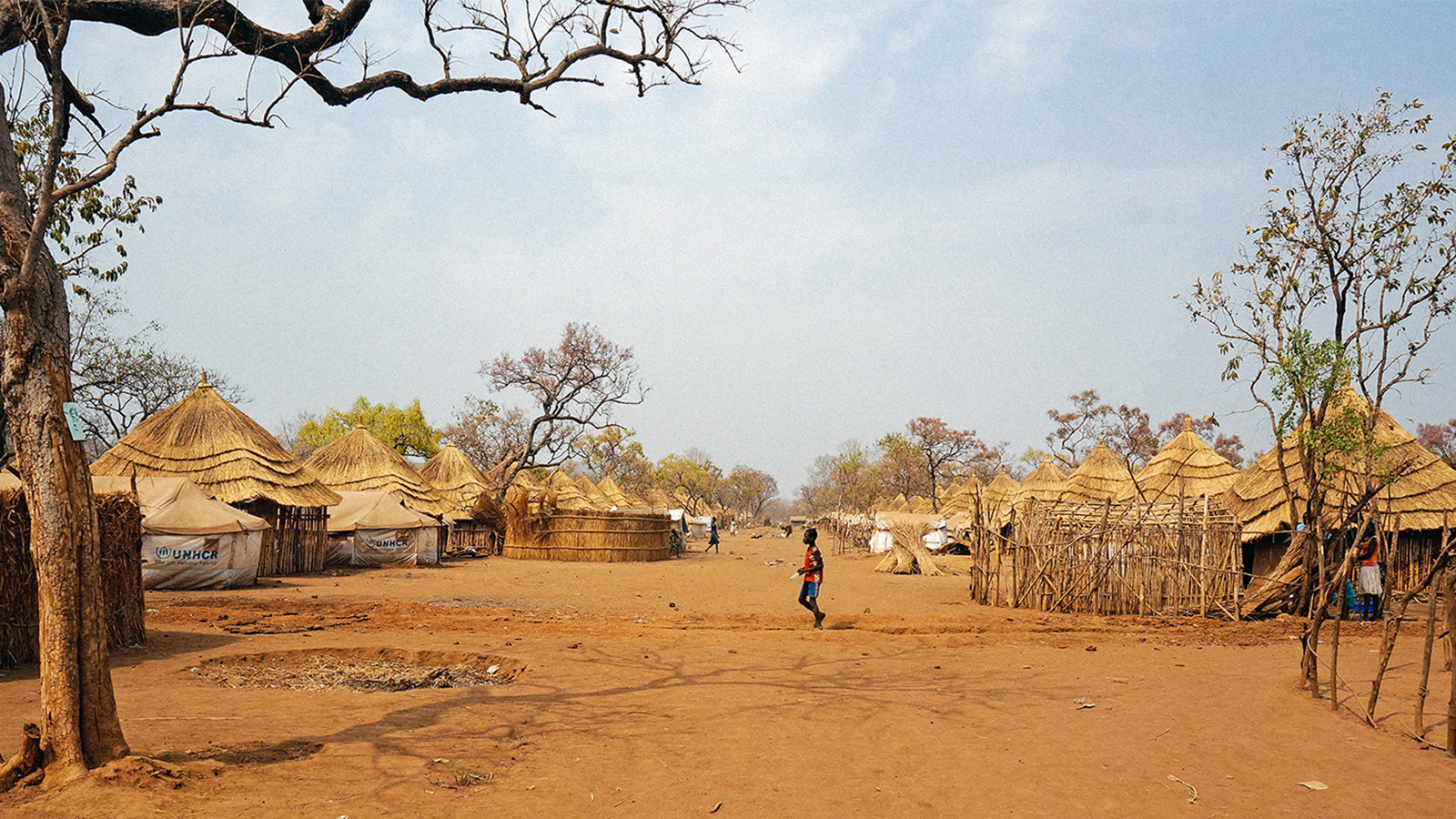
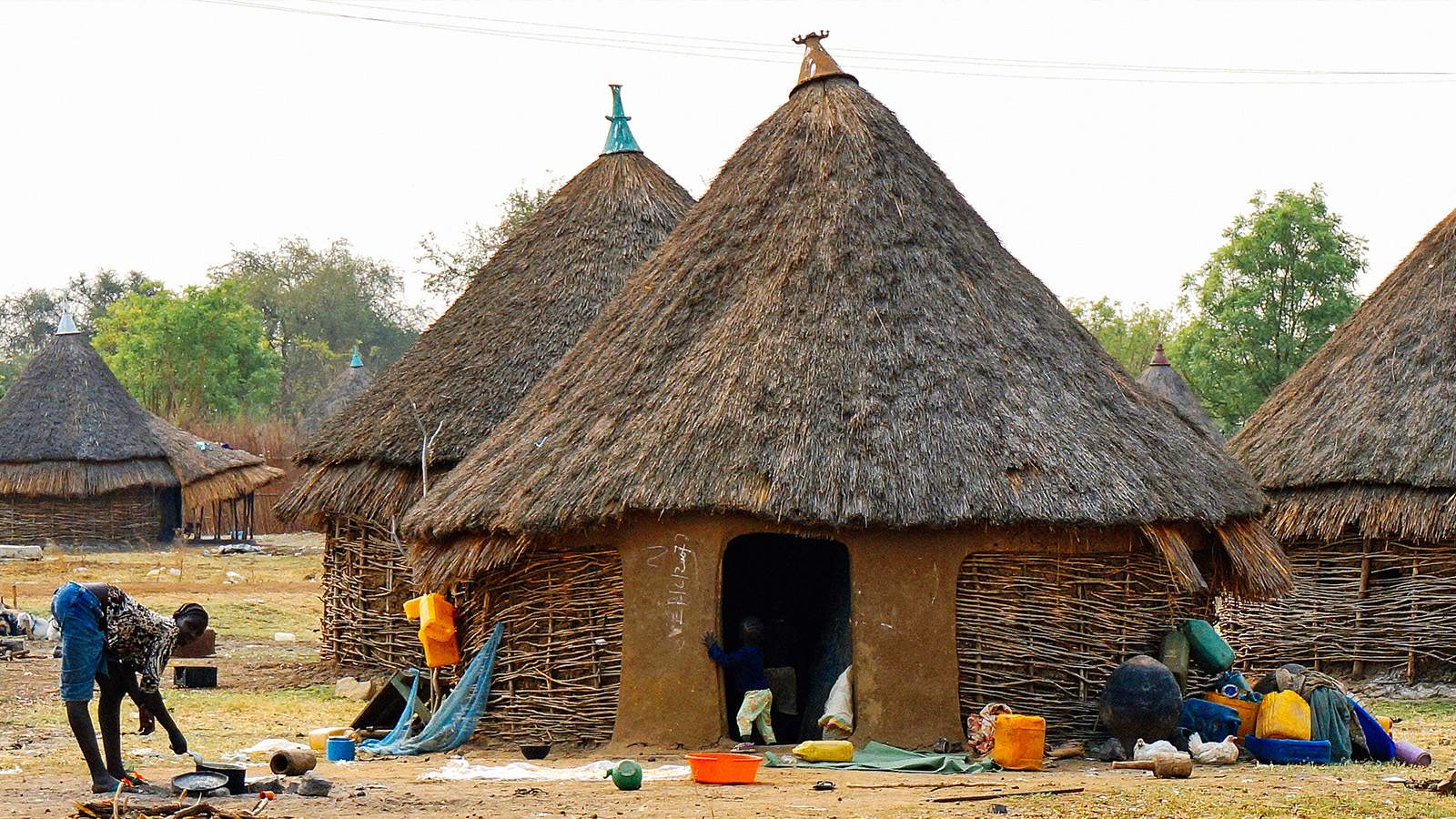
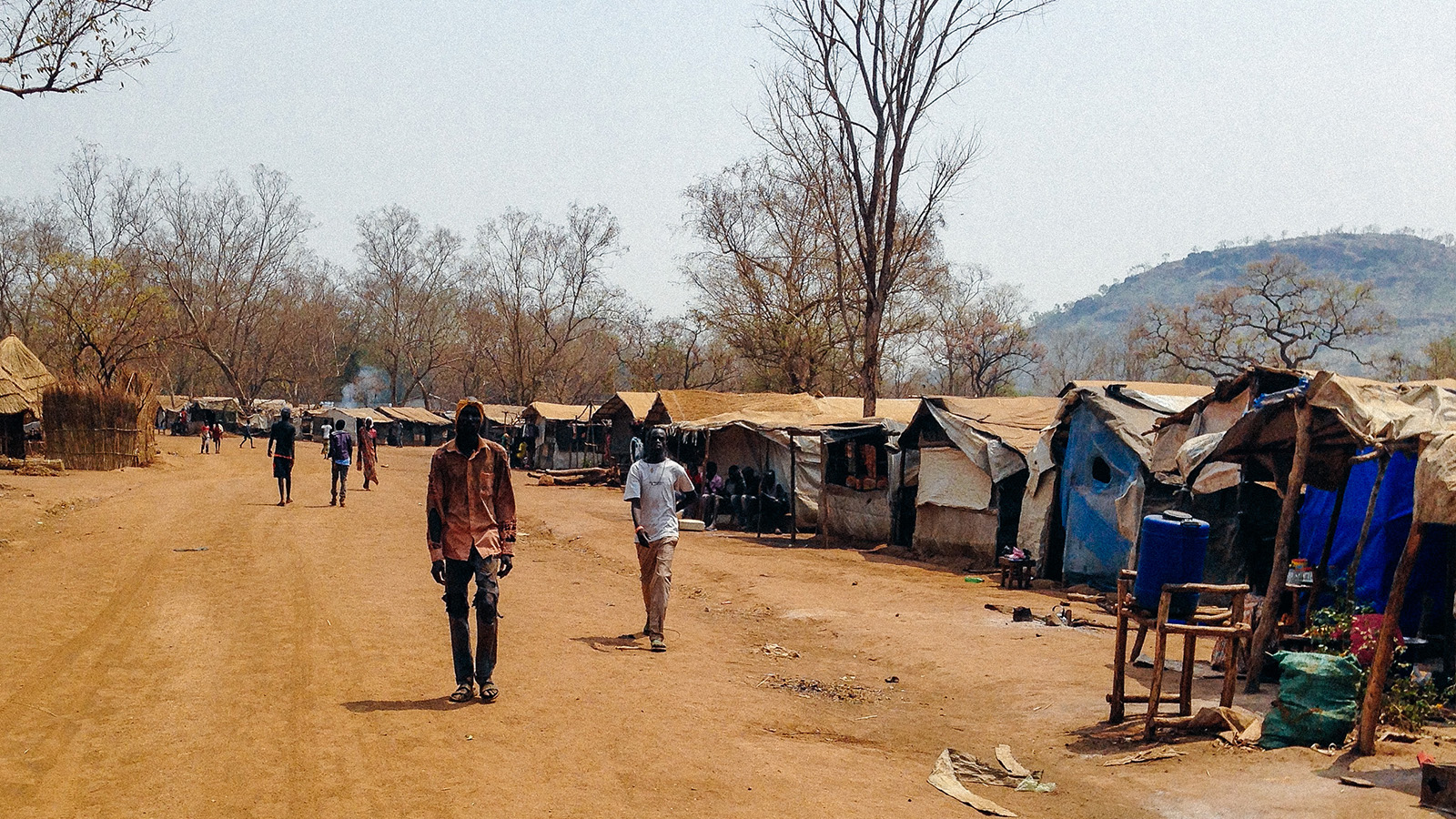
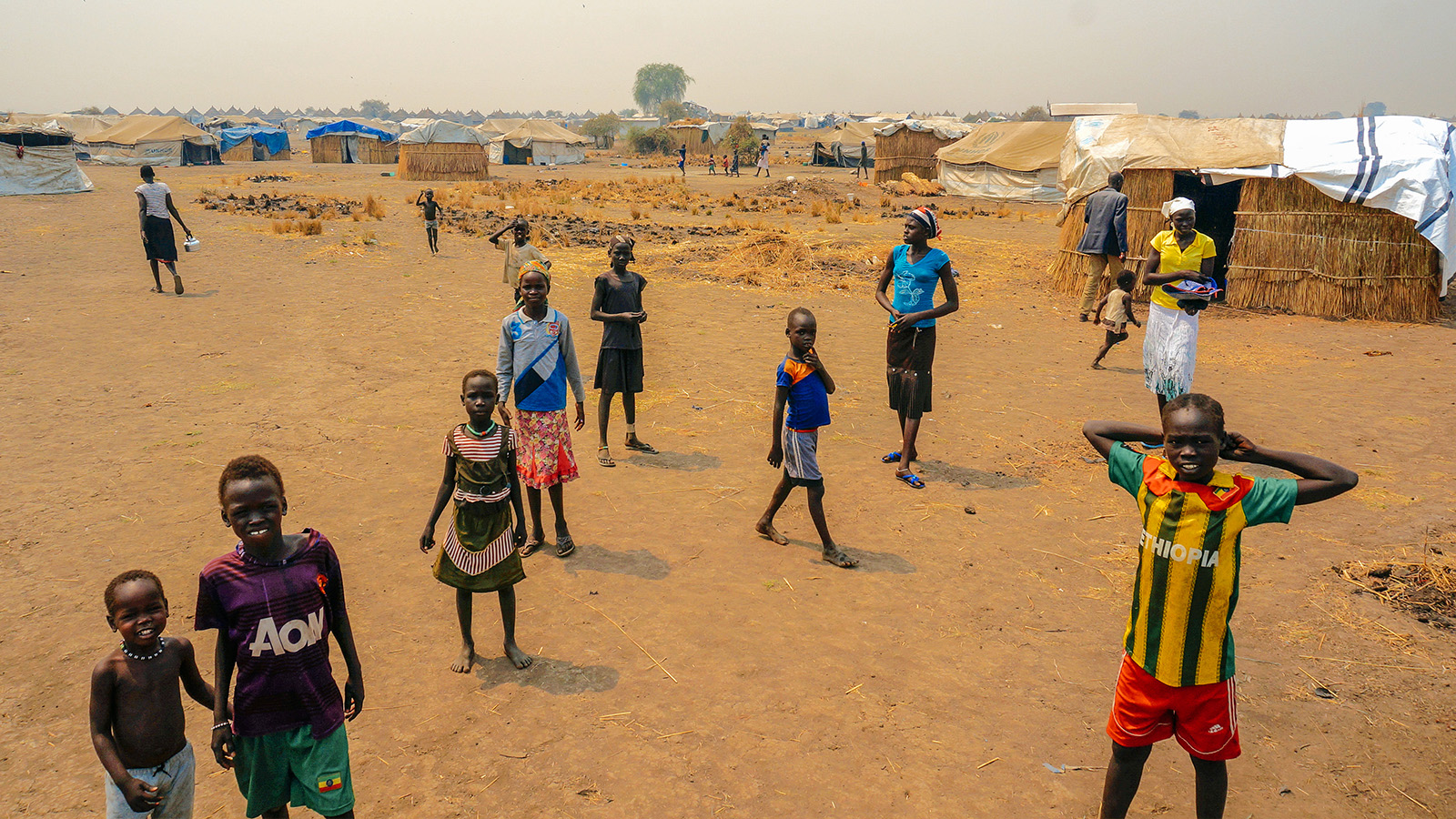
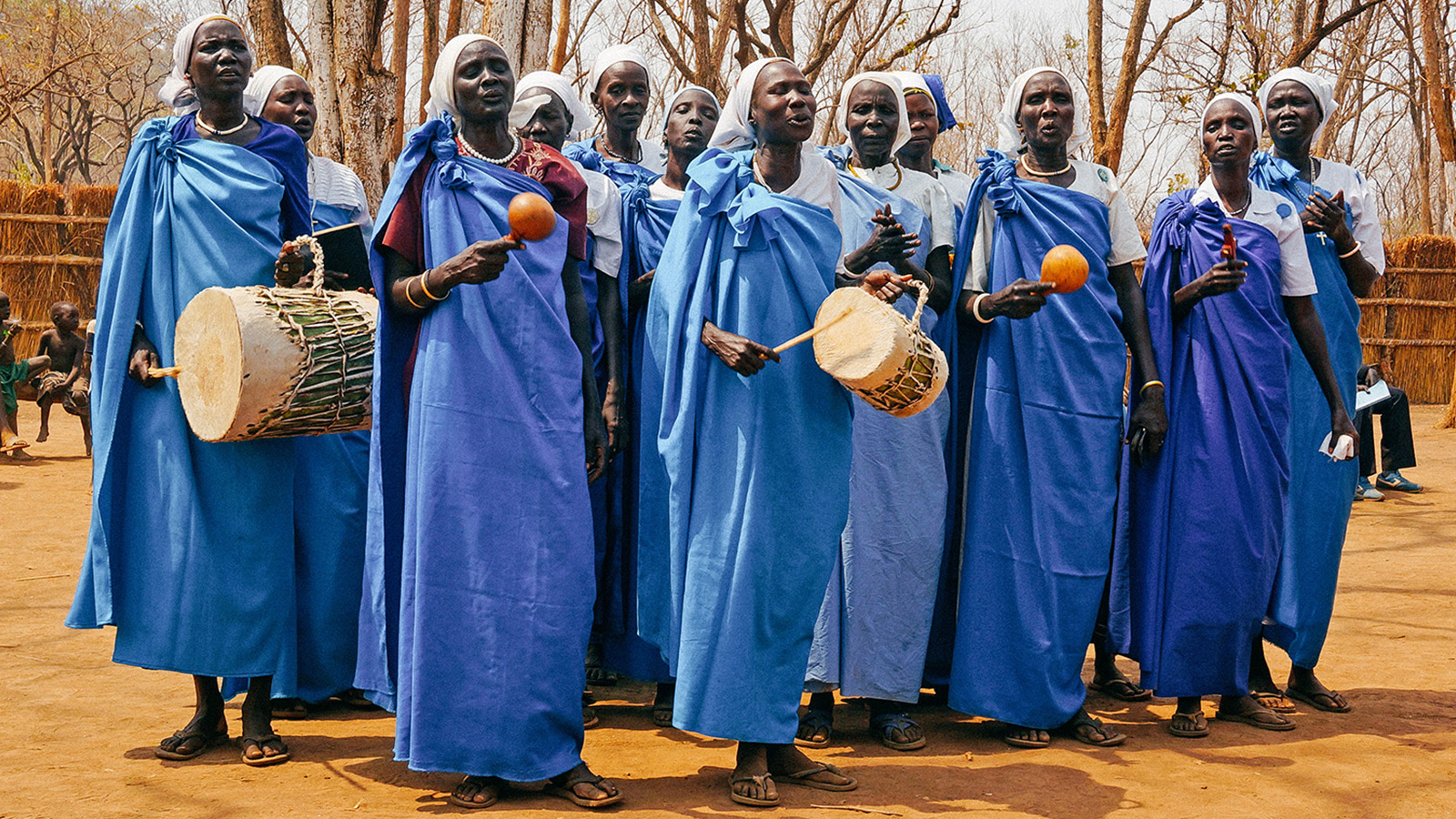
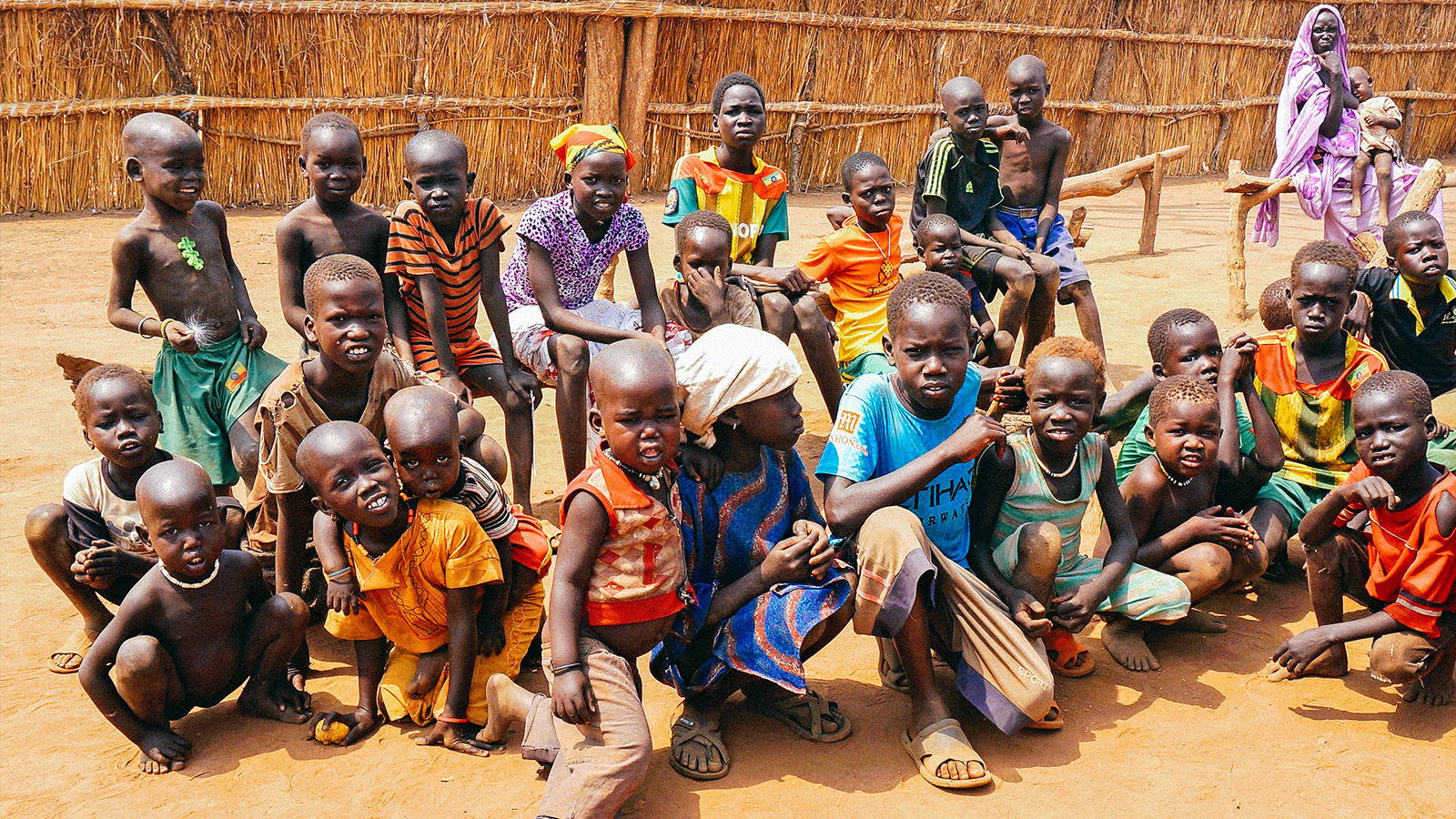
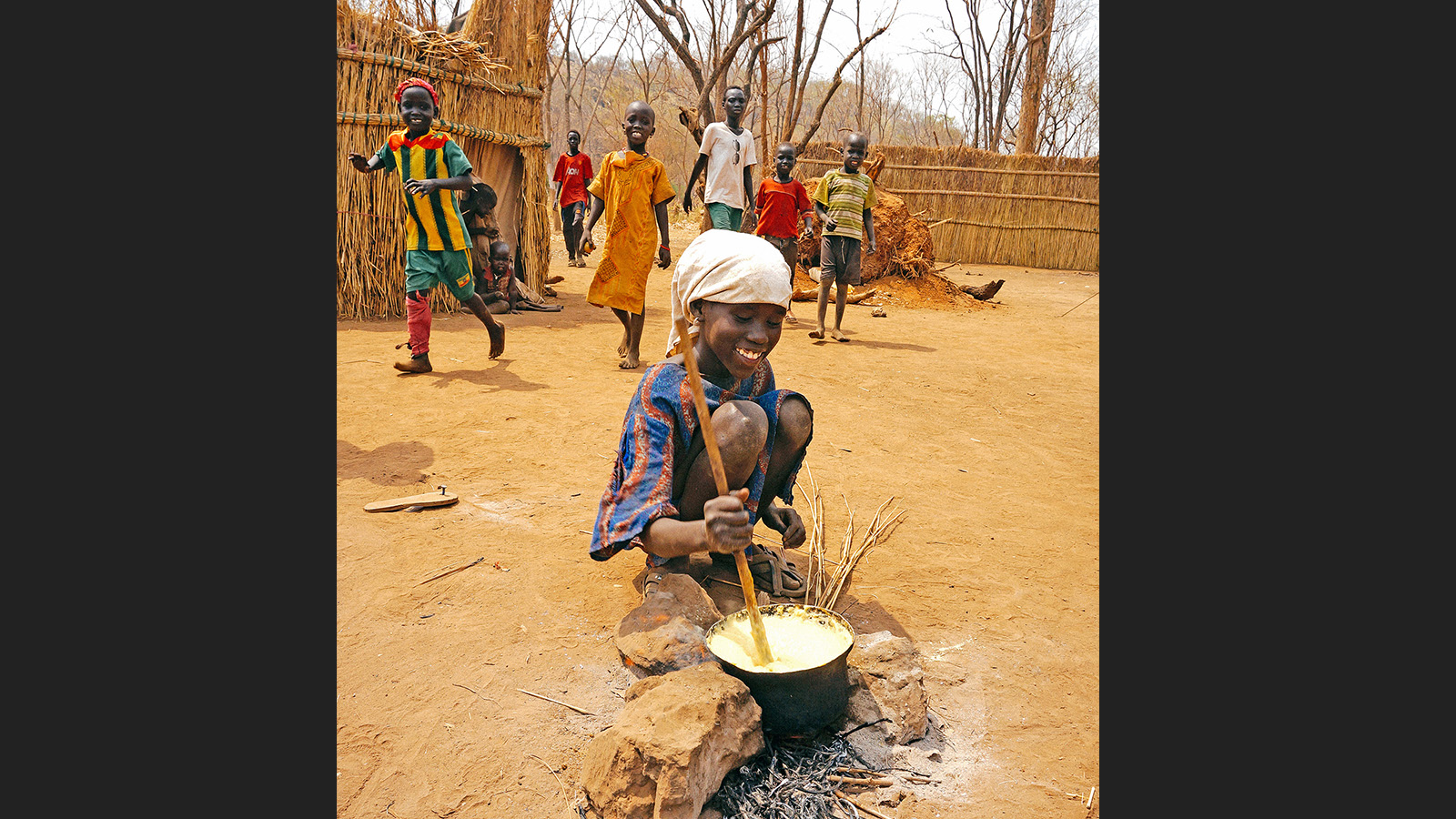
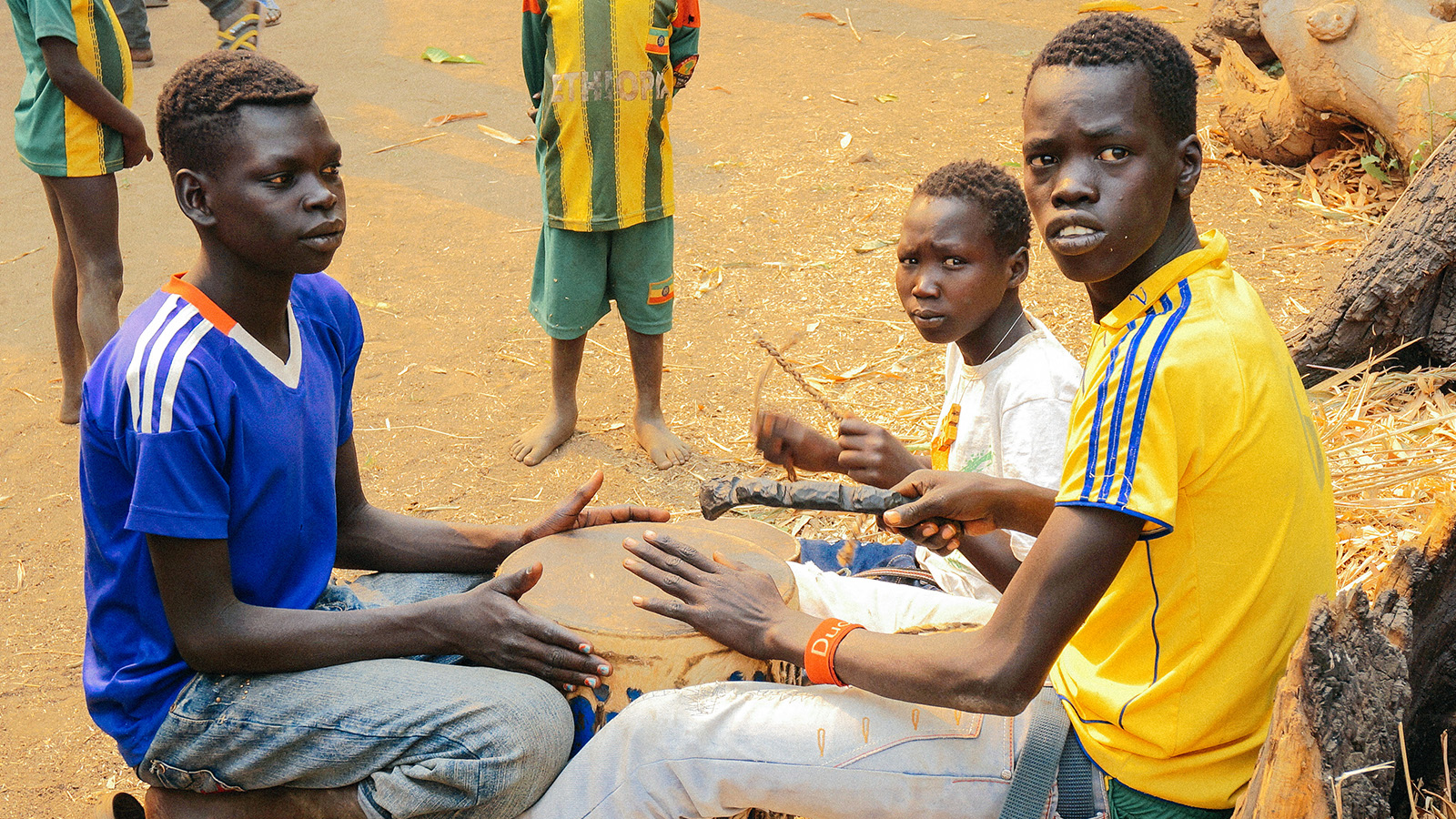
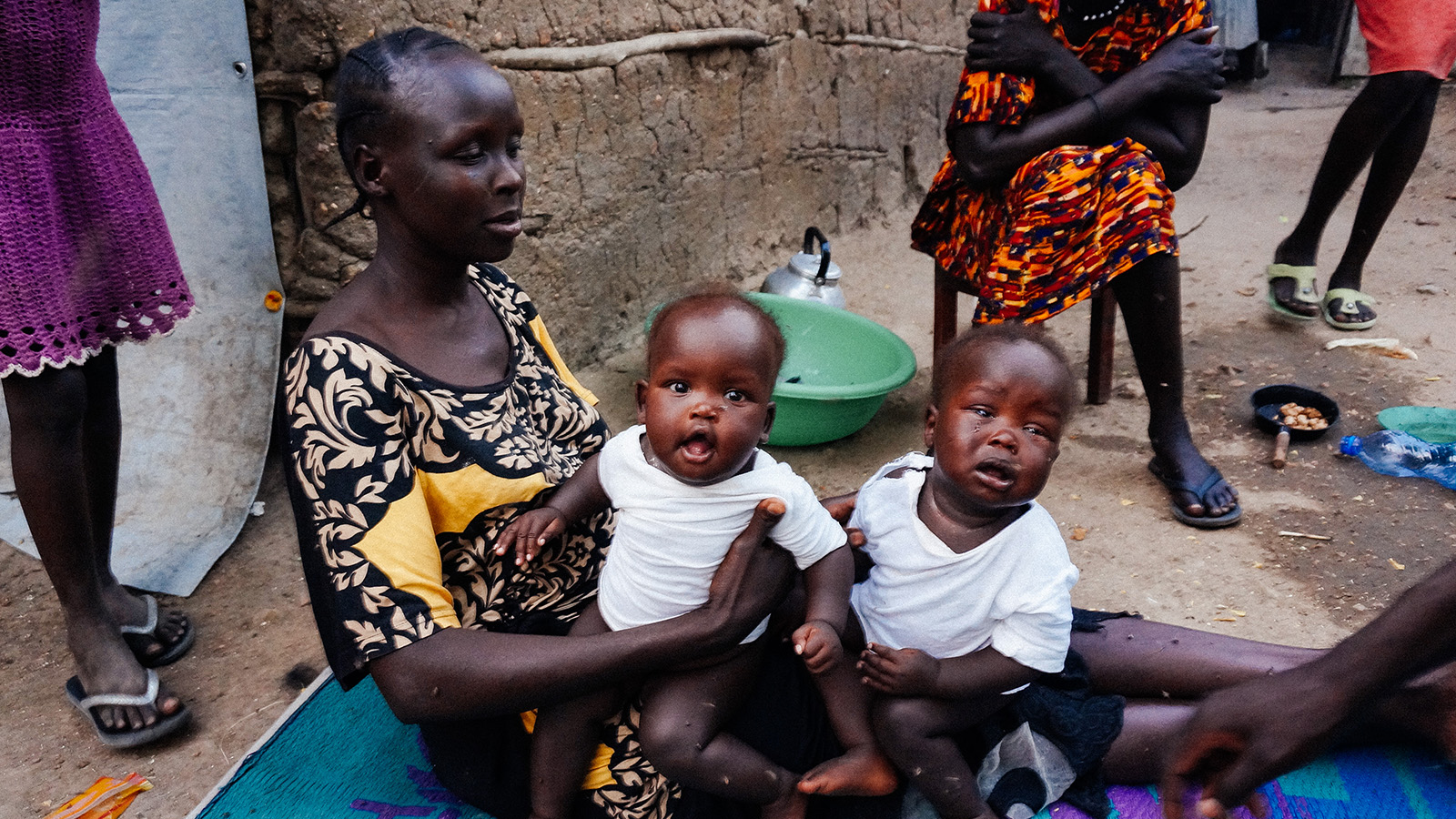
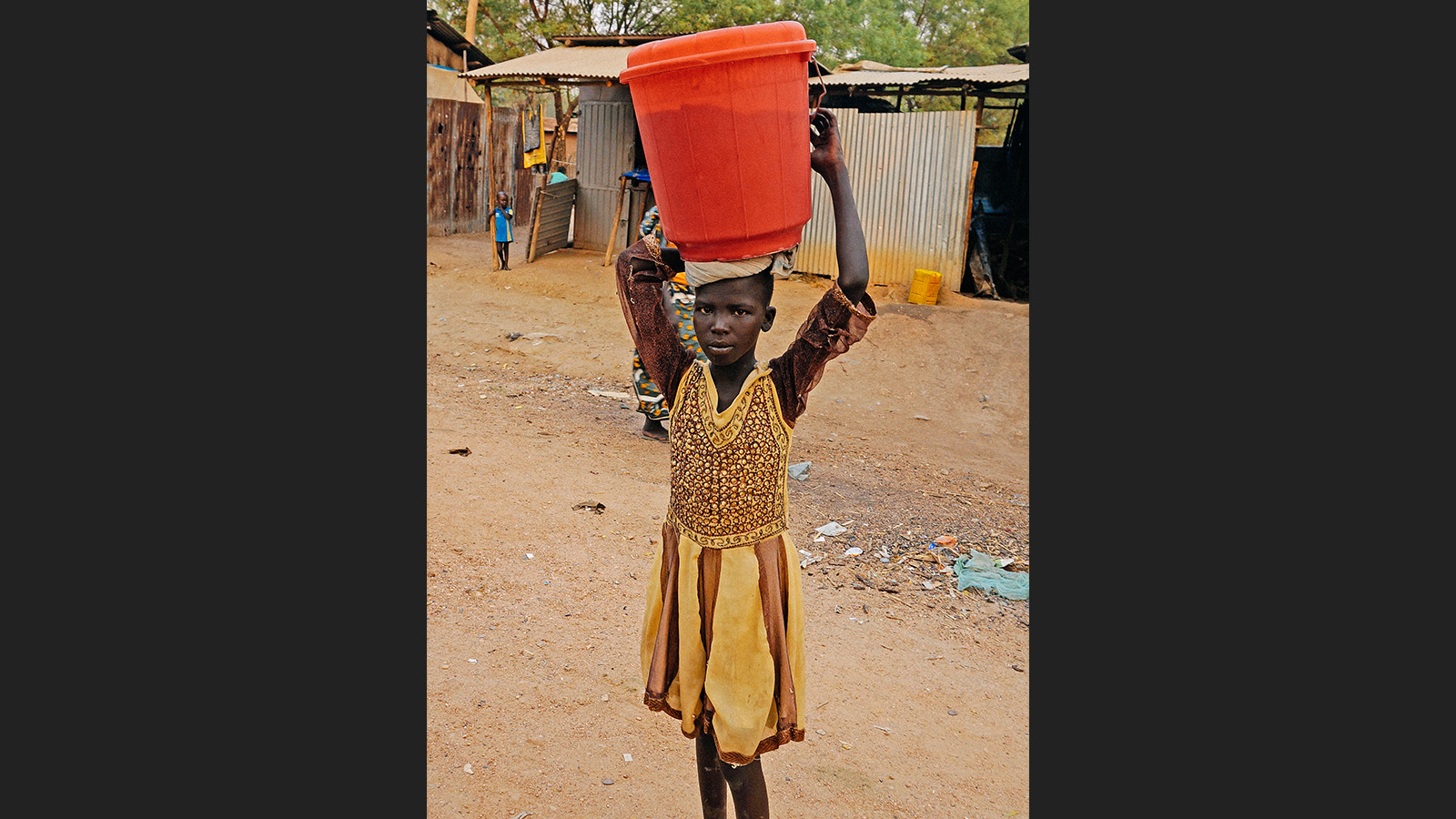
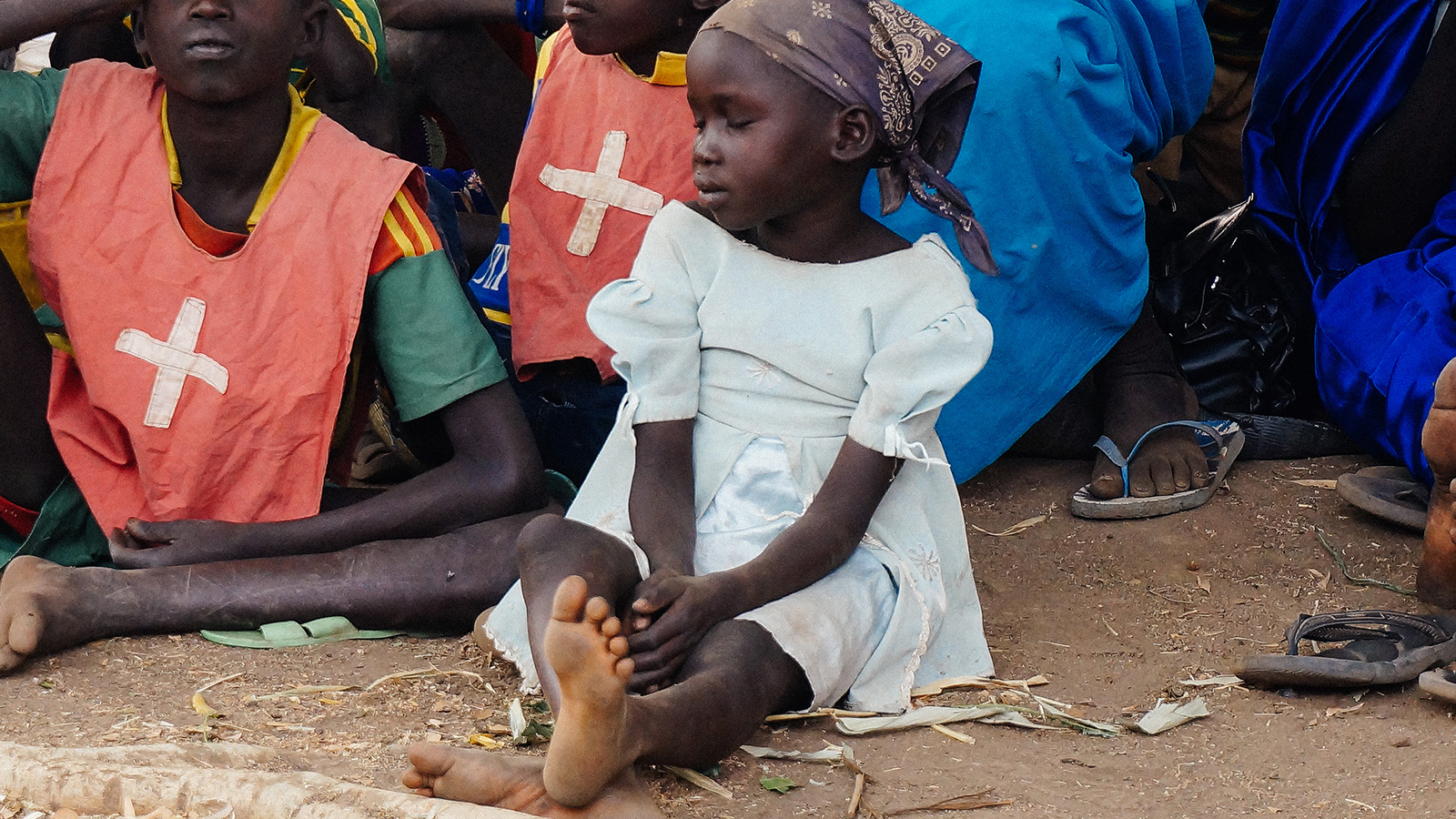
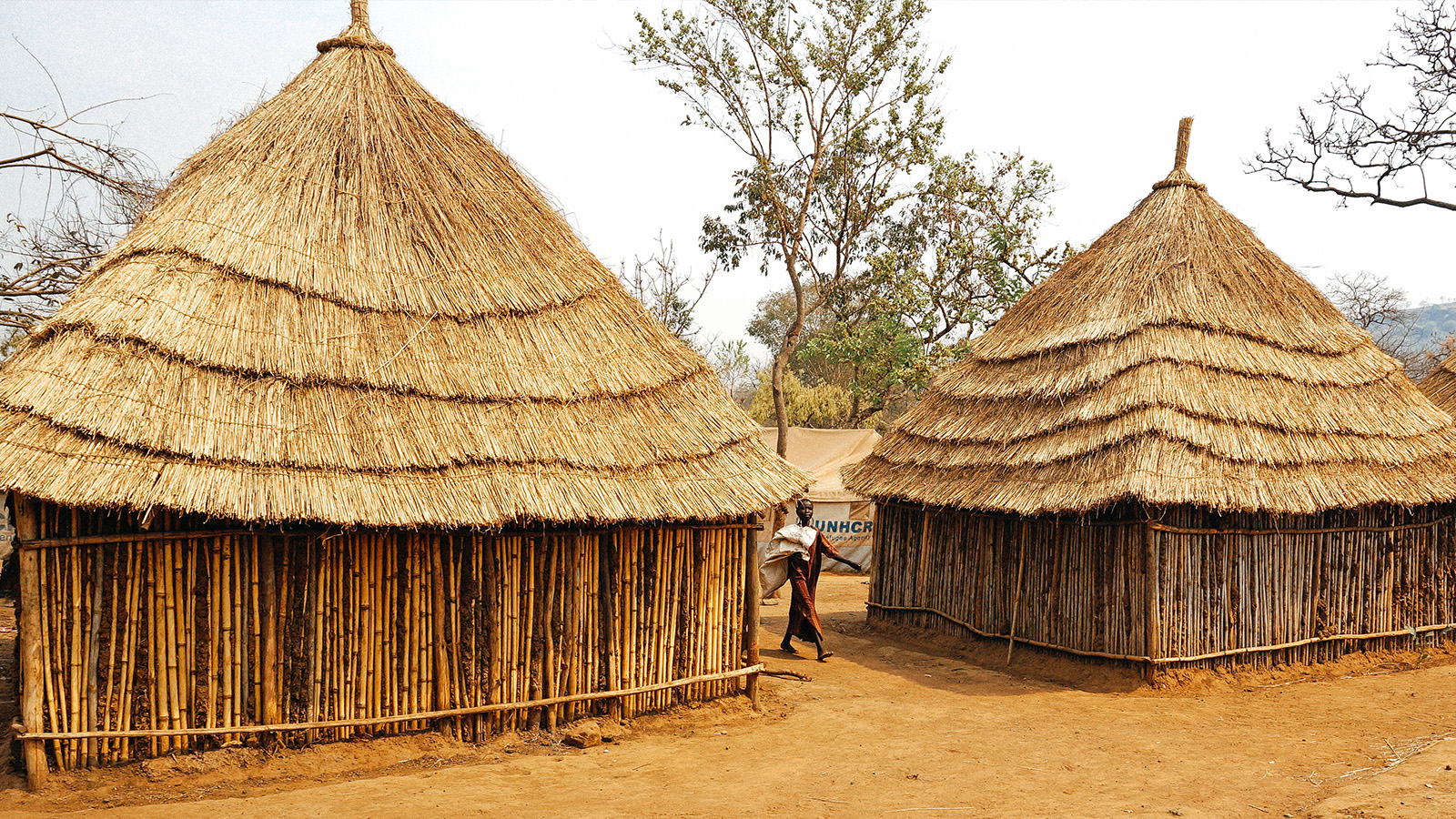
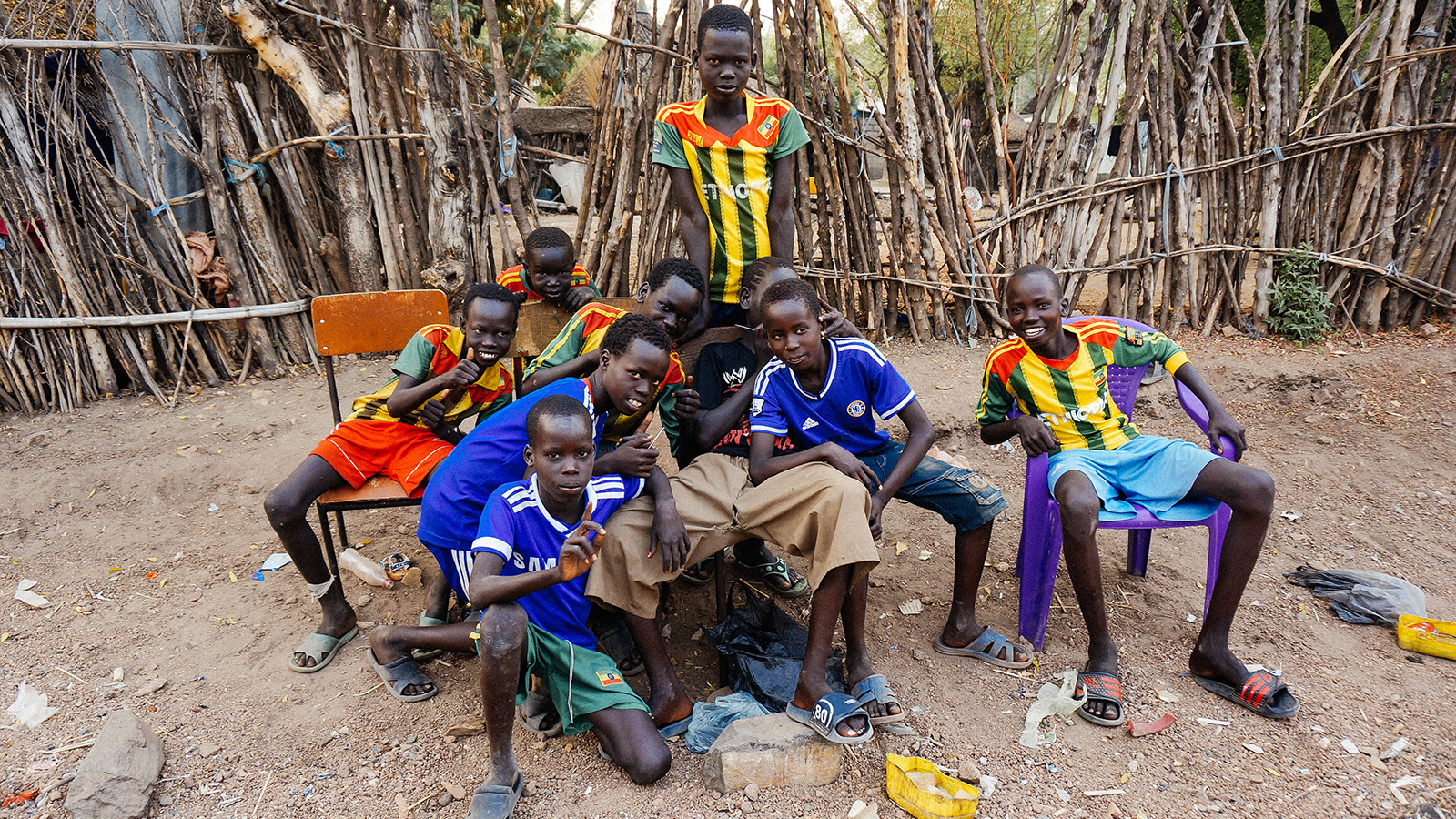
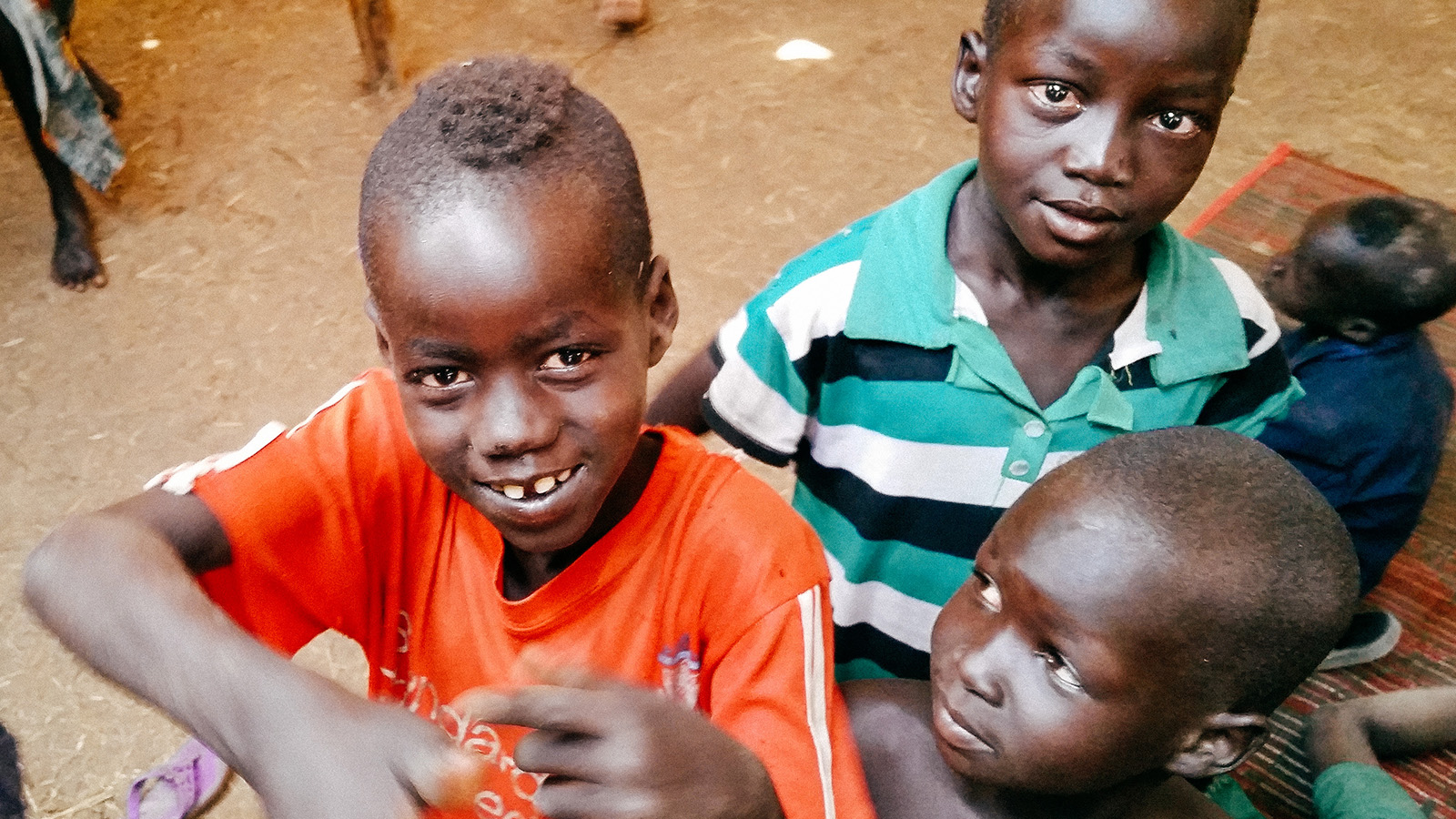
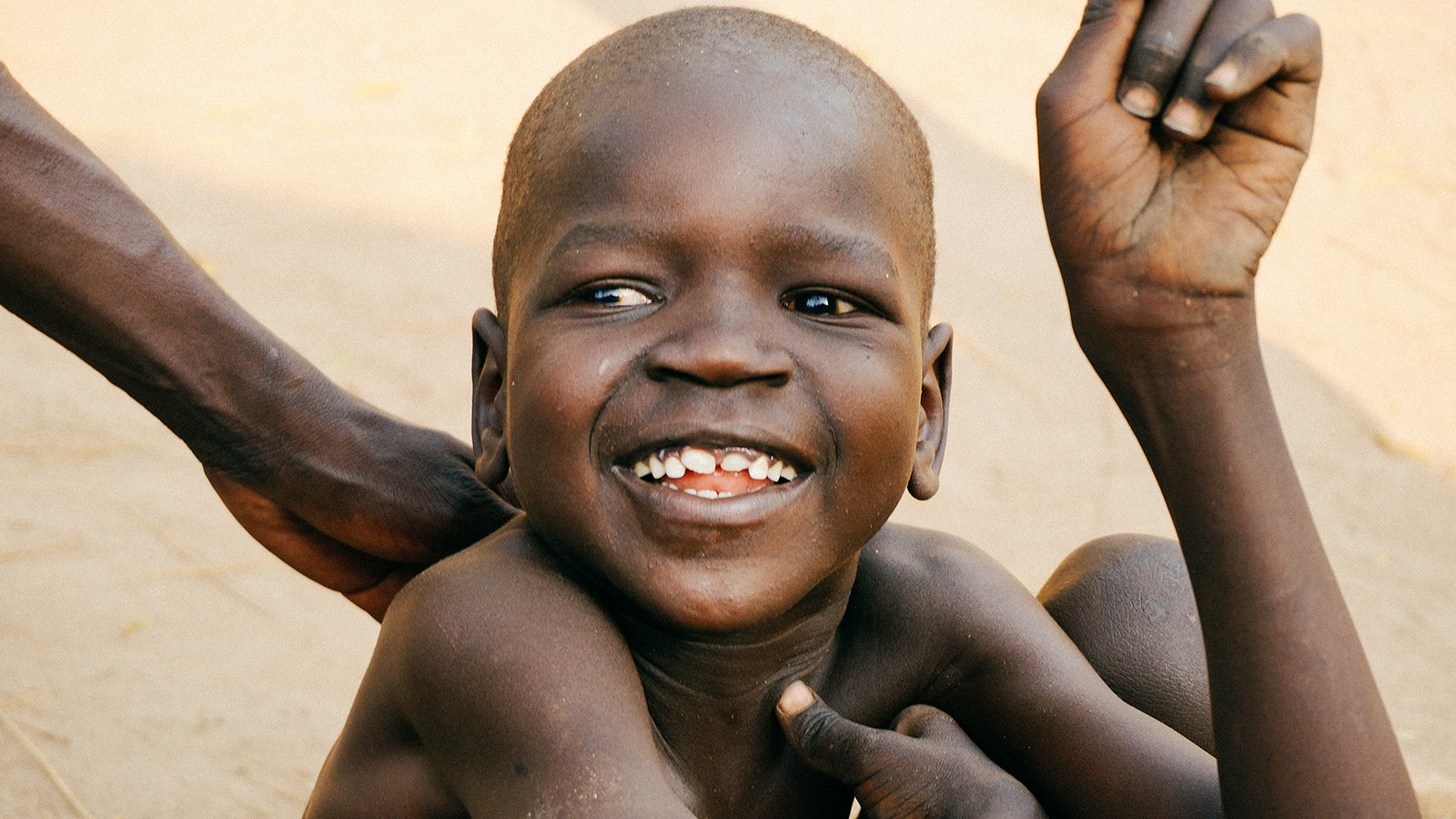
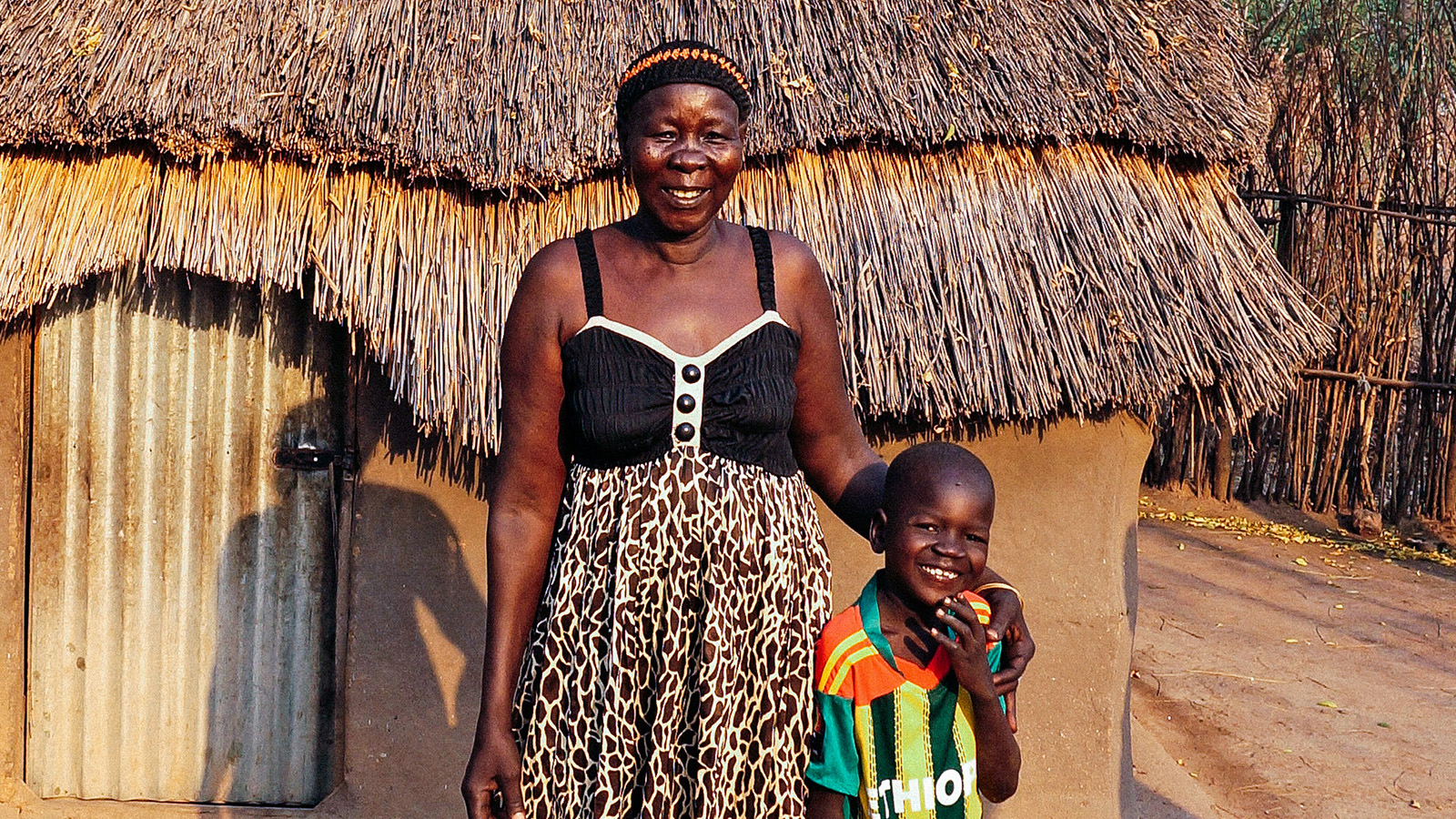


Thank you. Painful to read, but also hopeful – if we let it be. God shines light in very dark places through self-giving love.
Thanks Stan for sharing so fully the situation of our sisters and brothers. May God give them continued strength and hope as they wait for a chance to return to their home. Grateful that we can support them financially and in prayer.